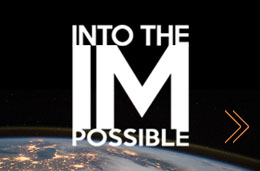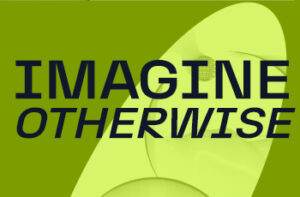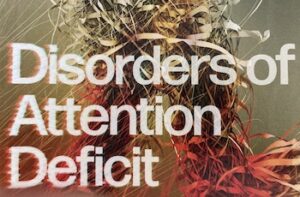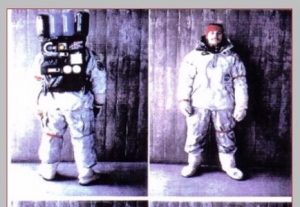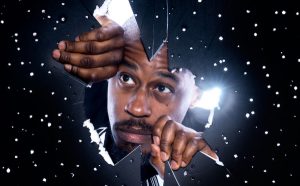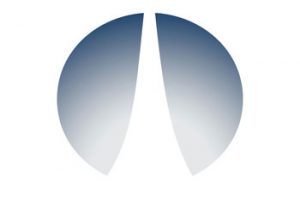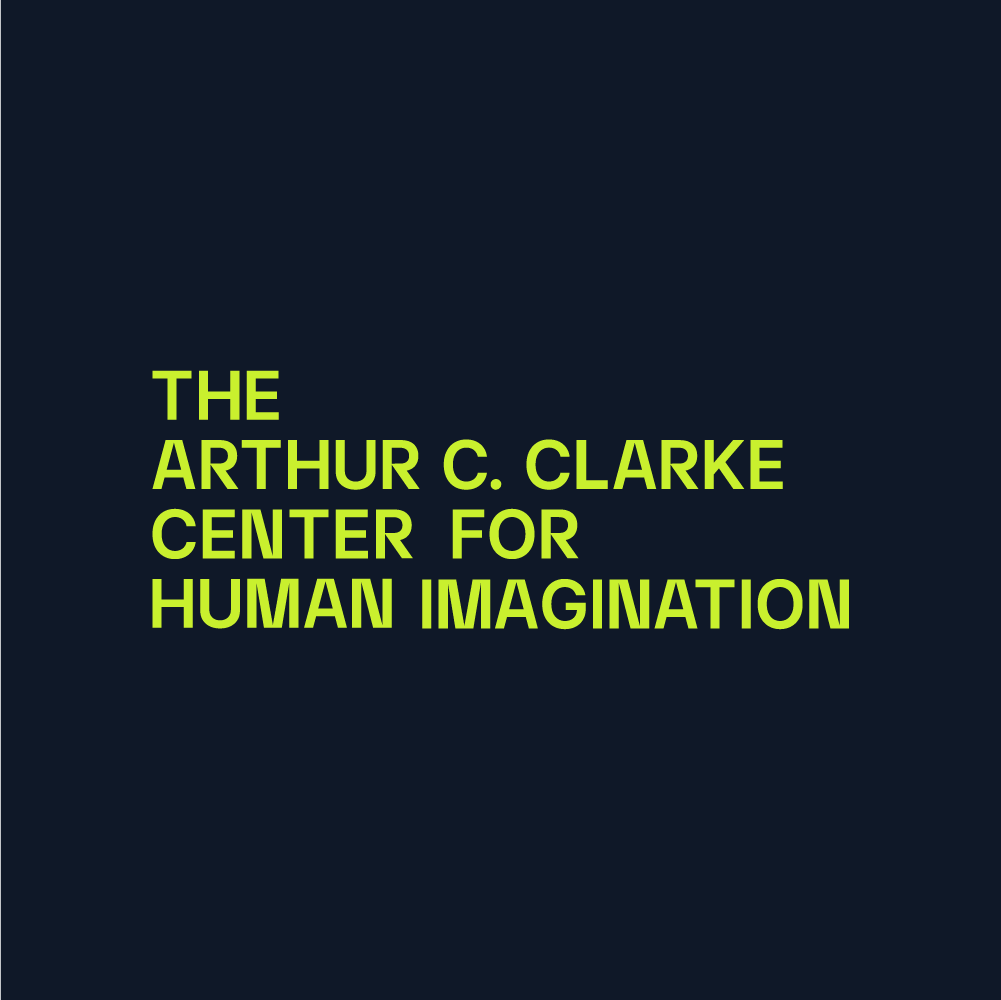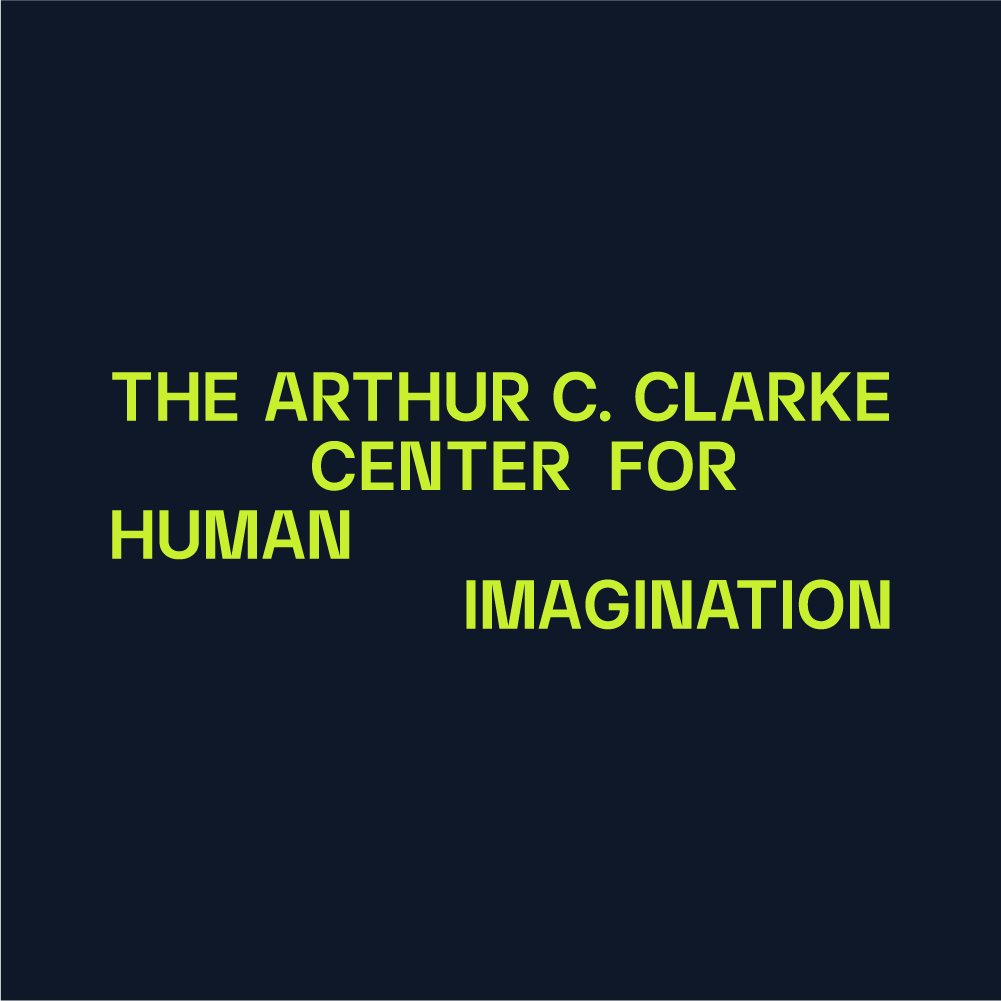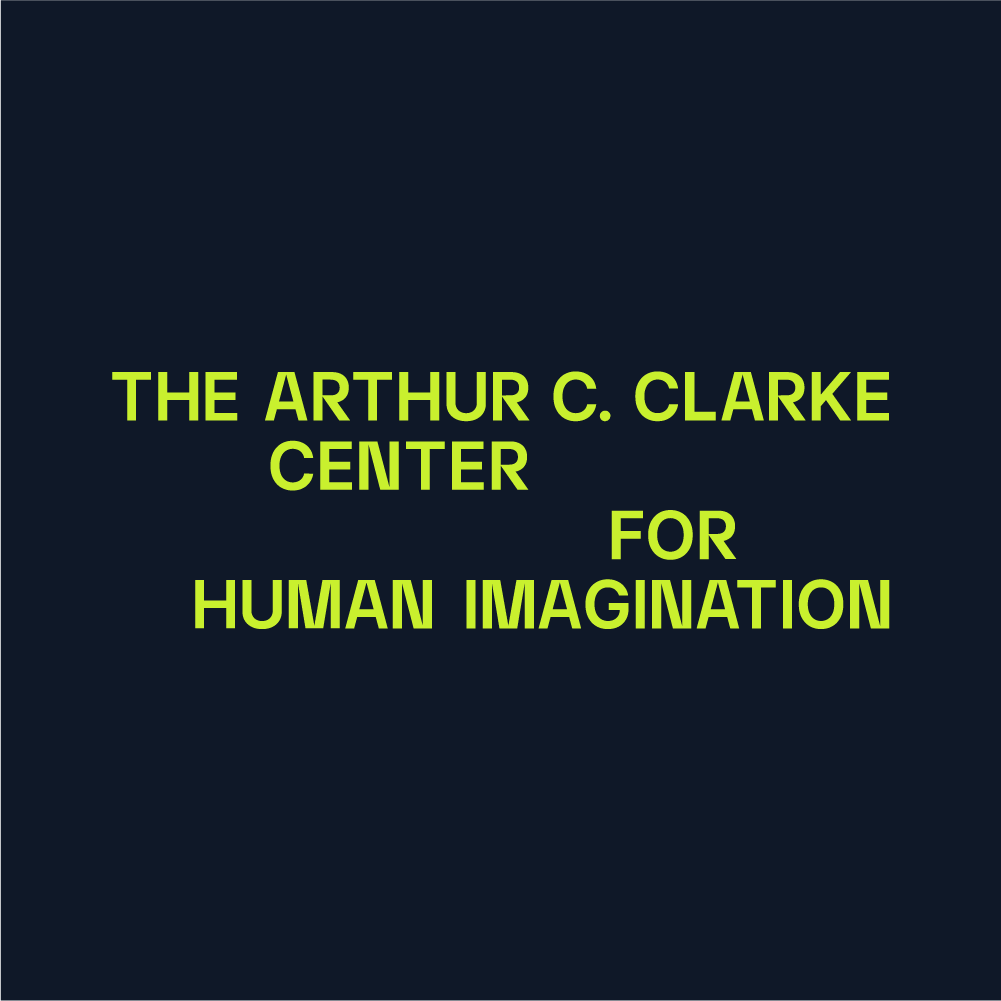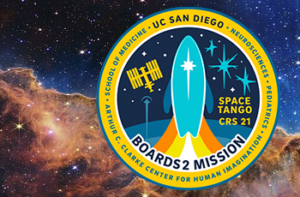
BOARDS Space Launch
Imagine Otherwise, a public discussion featuring Stephen T. Asma (philosopher, author of The Evolution of Imagination), Erik Viirre (Director, Clarke Center) and Cassandra Vieten (Director of Research), will explore the history of our understanding of imagination, how science has advanced our understanding of it, and what is at stake for the future of imagination studies and the pathways it may open to advancing the imagination’s power for transformative change.

